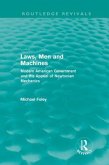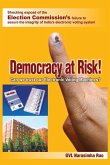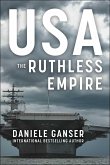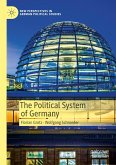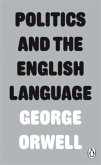As we stand on the cusp of an AI revolution, will we see the rise of a new anti-technology extremism that threatens to dismantle the gains of modern civilization? In the first exploration of this phenomenon, Mauro Lubrano traces the origins and evolution of anti-technology violence across the globe. He identifies three main groups fuelling such resistance: insurrectionary anarchists, eco-extremists, and eco-fascists. Exploring the justifications that underlie the opposition to technology and the strategies employed to 'stop the machines', he shows how anti-tech extremism has emerged as a reaction to the Anthropocene - an attempt to undo the epoch of human domination. The intellectual flexibility of this ideology lends itself to different causes, from the class struggle against the techno-elites to the defence of nature and white supremacy. With fears about the risks of artificial intelligence mounting and the world beset by serious 'polycrises', what is currently a fragmented, fringe phenomenon holds the potential for dramatic escalation.
Hinweis: Dieser Artikel kann nur an eine deutsche Lieferadresse ausgeliefert werden.
Hinweis: Dieser Artikel kann nur an eine deutsche Lieferadresse ausgeliefert werden.


